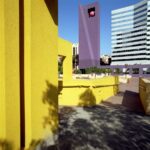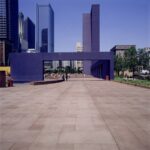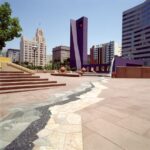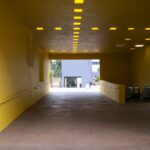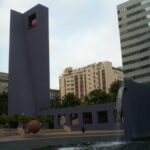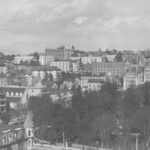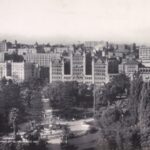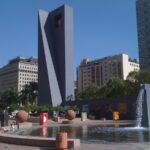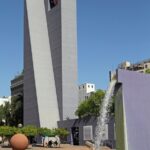
A Historic Icon Reimagined
Pershing Square, Los Angeles’ oldest park, has undergone multiple transformations since its inception. The forthcoming redesign competition marks the latest chapter in its storied history. Originally part of a Spanish land grant in the 18th century, the park evolved over time to reflect the changing urban landscape.
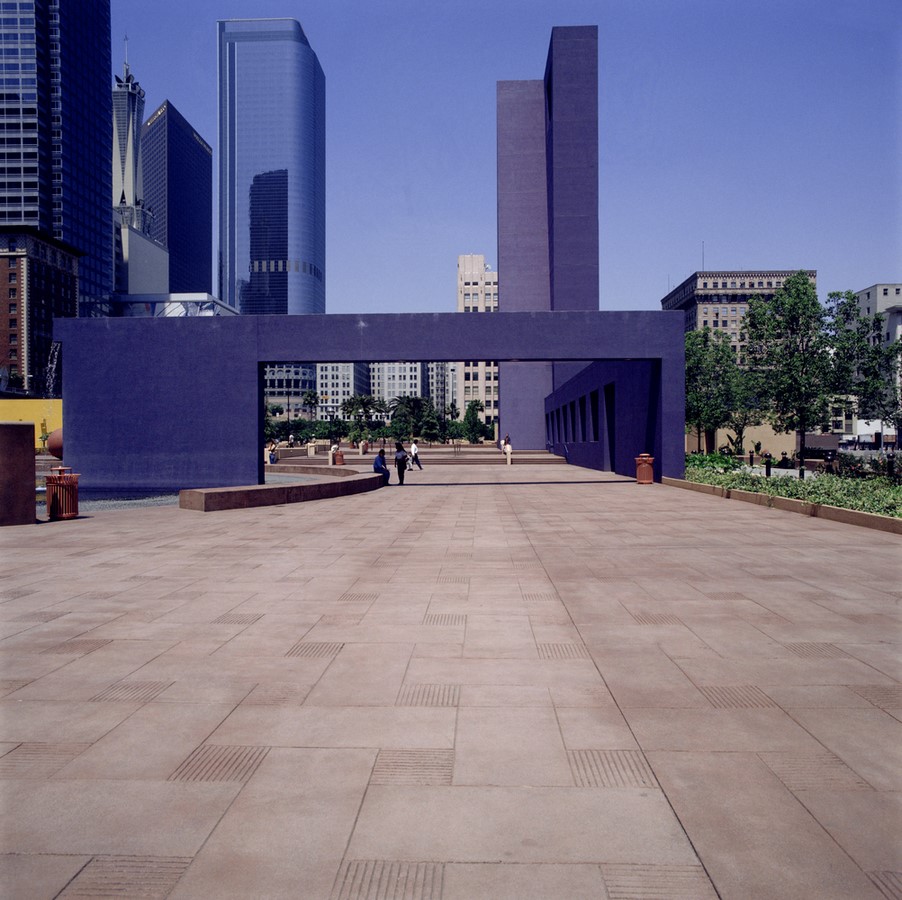
The Legacy of Legorreta and Olin
The current iteration, unveiled in 1994 and designed by Ricardo Legorreta and Laurie Olin, embodies a bold vision for urban public space. While criticized for its bright colors and heavy use of hardscape, this design challenged traditional notions of park architecture, sparking dialogue and debate within the community.
Historical Context and Cultural Significance
Pershing Square’s evolution mirrors the shifting demographics and urban development trends of Los Angeles. From its origins as a campground for early settlers to its transformation into a bustling hub of activity, the park has remained a focal point of civic life.
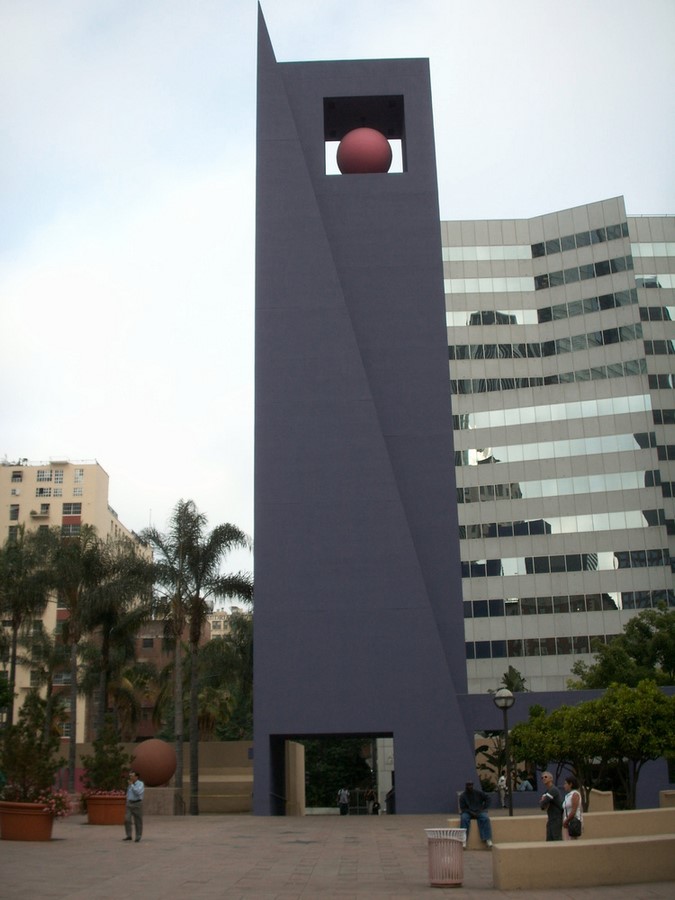
Architectural Elements and Symbolism
Key features of the park, such as the iconic purple campanile and vibrant yellow pavilion, pay homage to Los Angeles’ rich cultural heritage. The integration of Mexican architectural influences, coupled with nods to the city’s agricultural legacy, creates a unique sense of place and identity.
Contemporary Challenges and Future Prospects
Despite its historical significance, Pershing Square faces contemporary challenges, including issues surrounding accessibility and homelessness. The ongoing debate over its redesign reflects larger tensions between urban development and community engagement.
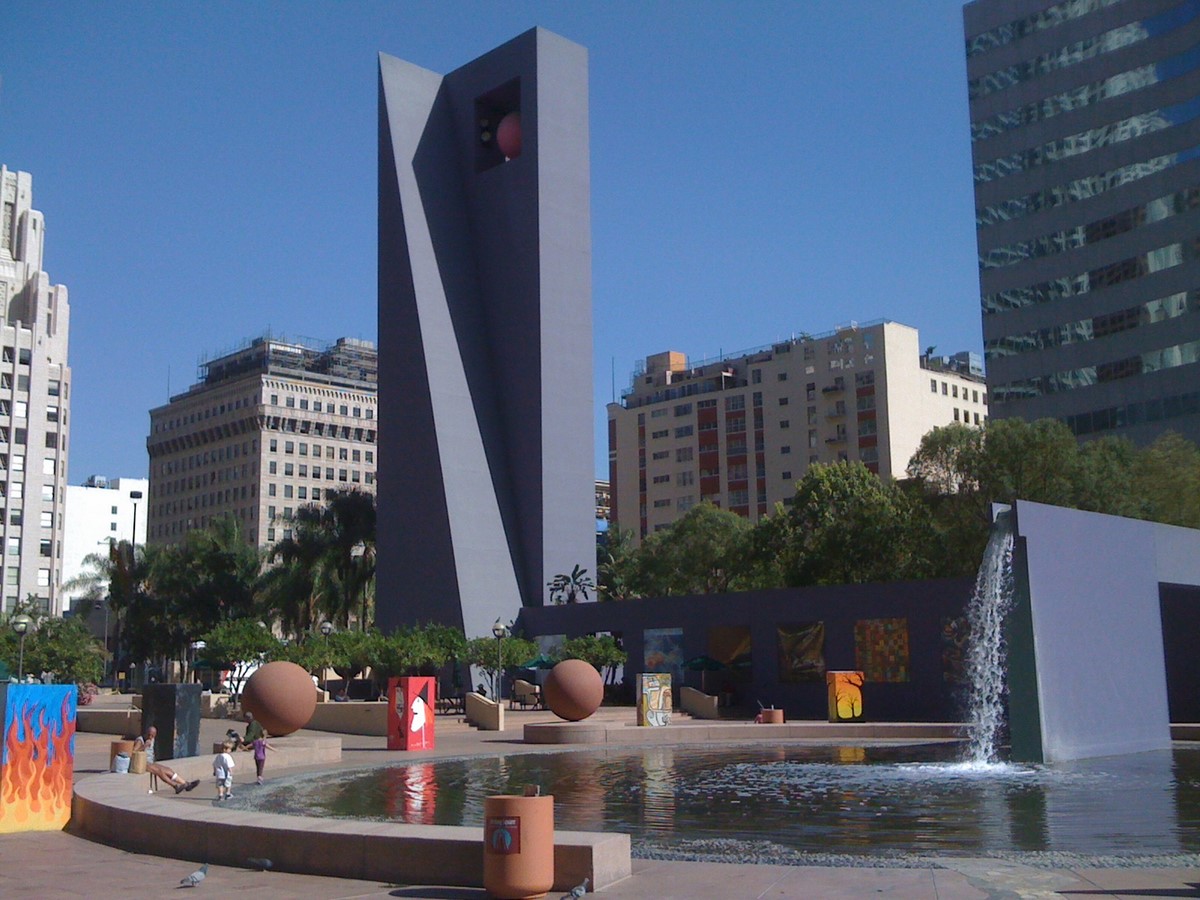
Toward a New Vision
As Pershing Square embarks on a new chapter, stakeholders must balance the preservation of its historical legacy with the need for modernization. The forthcoming redesign competition presents an opportunity to create a park that is inclusive, vibrant, and reflective of the diverse needs of its community.


